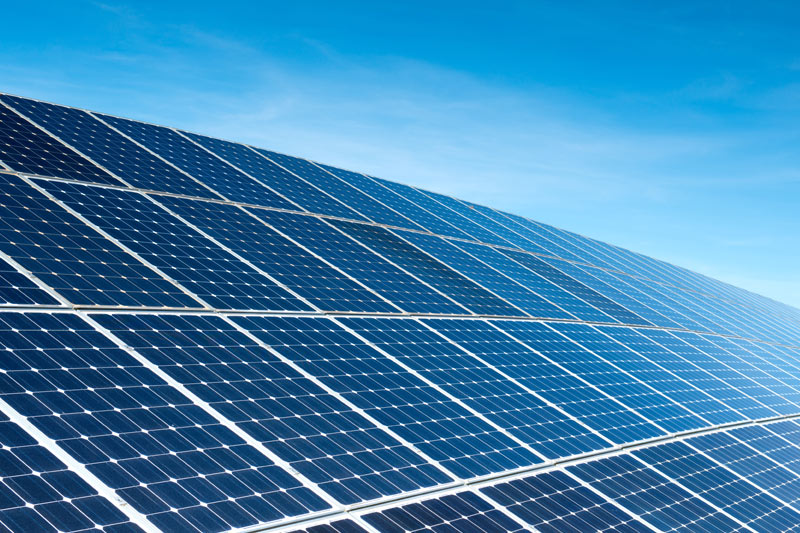By Sophie Song - China’s solar panel industry is just starting to revive following a prolonged downturn resulting from overcapacity, but is another bust on the horizon?
After months of low demand and low prices, fueled by China’s gold rush into the industry, and the EU’s import tariffs to stop the Chinese from dumping, sales in the industry began to recover in the last two quarters. Demand from China and Japan were surging, and manufacturers responded by expanding production capacity, the South China Morning Post reported on Sunday.
But the industry is by no means less crowded than before, and with fast-growing solar capacity increasing fiscal pressures on China and Japan, industry officials are worried that the two countries will be forced to cut subsidies, which could lead to another bust for the sector.
"The key is whether the Chinese government is determined enough to boost solar generation," said Sun Haiyan, a senior executive at Trina Solar, when asked if the current solar expansion in China was sustainable.

China currently has a manufacturing capacity of about 45 gigawatts – enough to meet global demand this year, but Beijing in July made the decision to more than quadruple solar capacity by 2015. Japan, on the other hand, is looking for alternatives to the nuclear power it lost in the 2011 Fukushima disaster.
The worry now among experts is that producers may be too enthusiastic in reacting to the renewed surge in demand.
"This could upset the stabilization process that has occurred during the past year, once again creating an overcapacity situation," wrote Michel Barker, an analyst at global solar research firm Solarbuzz, in a research note, according to the South China Morning Post.
Last year alone, China increased its solar capacity by 8GW, including 6GZW of solar farms and 2GW of distributed solar energy, making it the world’s top solar market. This year, the nation could be looking at 14 more GW.
It’s not clear how long the strong demand from China and Japan, together expected to account for 40 percent to 45 percent of global installations for 2014, will last.
At the start of China’s solar panel rush, companies made as much as 33 percent of annual profit, especially when the central government rolled out an incentive called the Golden Sun, which paid for half of solar developers’ costs.
But in 2011, the feverish expansion of the Chinese solar panel hit a wall. There was such an oversupply of panels that prices dropped 40 percent in less than a year.
